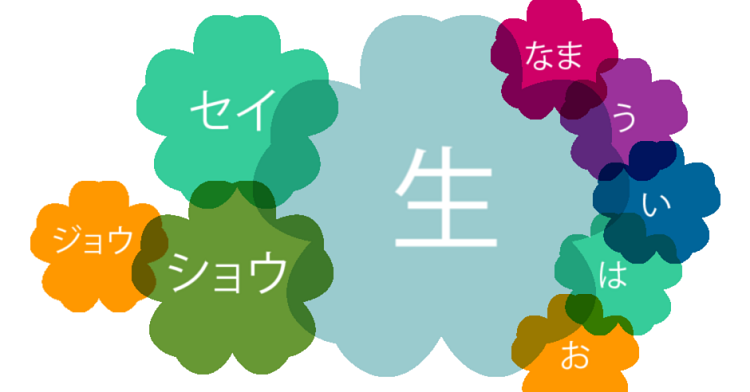Can you learn Japanese without kanji? Reading can be challenging, but learning a language like this is not impossible. The following tips can help you learn the language. You’ll also need to start learning the right way to use kanji. If you’re avoiding reading a lot of Japanese text, you can use audio-based learning systems like Pimsleur. It would help if you also practiced listening to Japanese words and phrases.

Can you learn Japanese without kanji?
For instance, Japanese does not have gender-specific words, so if you’re not learning Japanese for business purposes, you can skip learning the kanji altogether. Instead, you can learn how to read and write the kana. The kana are always pronounced the same way, making learning easy. This way, you’ll be able to read and speak the language quickly.
The main benefit of kanji is that you can read and write the language without worrying about the gender of the words. However, the problem with this approach is that you’ll waste a lot of time, and you’ll also end up forgetting the kanji. In addition, it can also be difficult to pronounce certain words correctly. You should try to speak Japanese to a native speaker in such cases.
While you can learn the language without kanji, you should also be aware that it’s unnecessary to use the kanji for writing. While this will not affect your ability to speak and read Japanese, it’s an excellent idea to basic knowledge of the writing system. This will help you communicate with native Japanese speakers. If you’re not ready to go this route yet, you can still study in a Japanese-speaking country.
The only drawback of learning the language without kanji is that it’s difficult to understand the words without knowing them. But there are many free ways to learn the language. The first step is to find a native speaker who speaks the language. If you can’t find one, you can also use a textbook. These books will help you learn the language better. If you don’t have a native speaker, you can try a free course on kanji.
If you’re a beginner, kanji may seem like a barrier to your success. But if you can speak and understand Japanese native speakers, you’ll have a much easier time communicating with Japanese people. By reading and writing in Japanese, you’ll be able to make friends and be a part of Japanese society. You can even work on your English-speaking skills.
Another drawback of learning kanji is the lack of context for the words. If you’re learning Japanese without kanji, you’ll be forced to use hiragana most of the time, which makes your learning timelessly efficient. You’ll spend more time learning a language, not focusing on memorizing kanji. And you’ll be wasting your time.
While kanji is not essential to learning the Japanese language, it’s worth learning. It’s important to remember that kanji is not the only component of the language, but it is a vital part of learning the language. And the use of kanji is an essential part of Japanese culture, and you should try to be able to use it as much as possible. It is a cultural tool and will make you feel more comfortable in Japan.
There are other reasons why kanji is essential to learning the language. The Japanese language uses empty spaces between words, so kanji is a great way to break up sentences so that they’re easy to understand. The kanji is the only component of the language that makes sense to you. It would help if you also learned how to read a word in its context to understand it. The kanji is not the only component of the language, but they are integral to it.
In the end, you can learn Japanese without kanji if you want. Using kanji is an essential part of the Japanese language, and you should be able to read hiragana as well. Although kanji is essential to the language, they are not the only Japanese language. You can learn katakana and hiragana instead of kanji, the most commonly used and most common.



